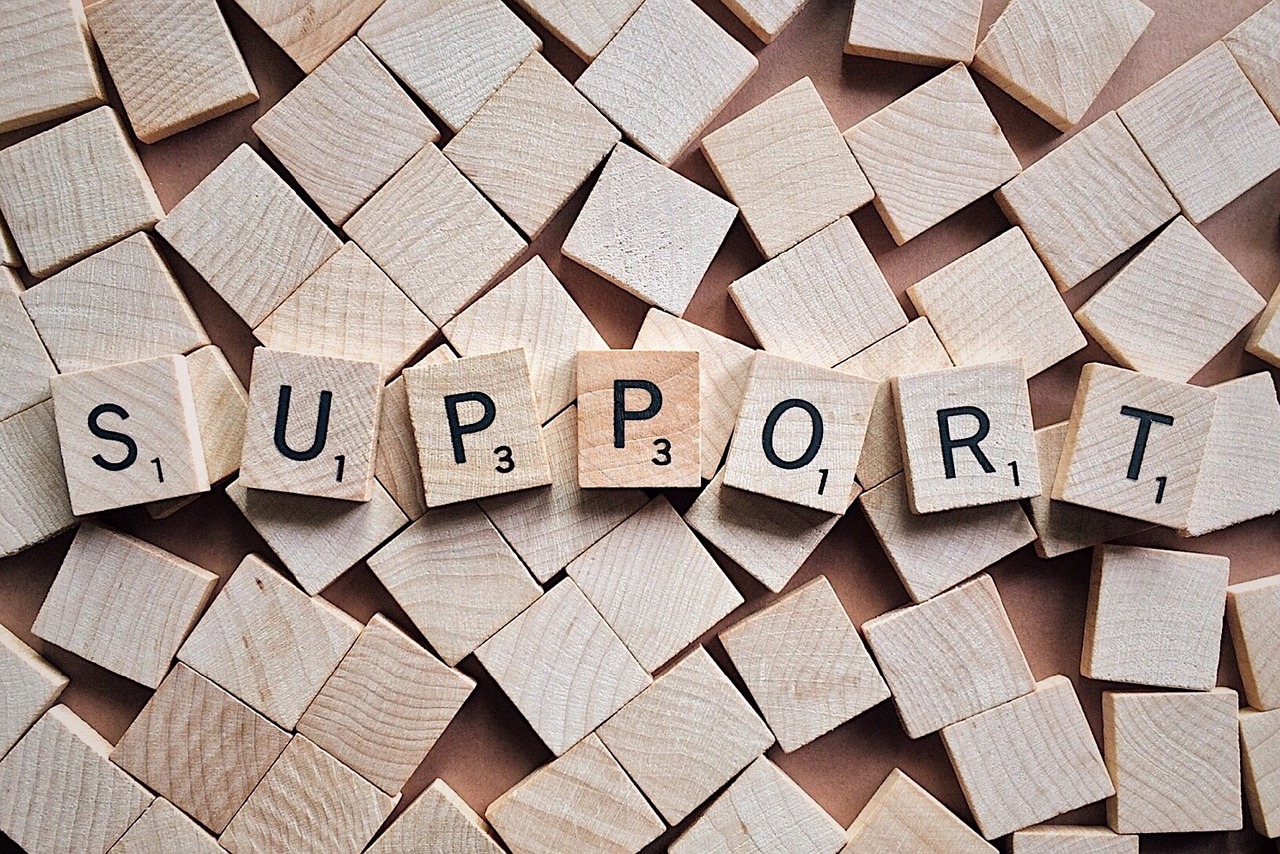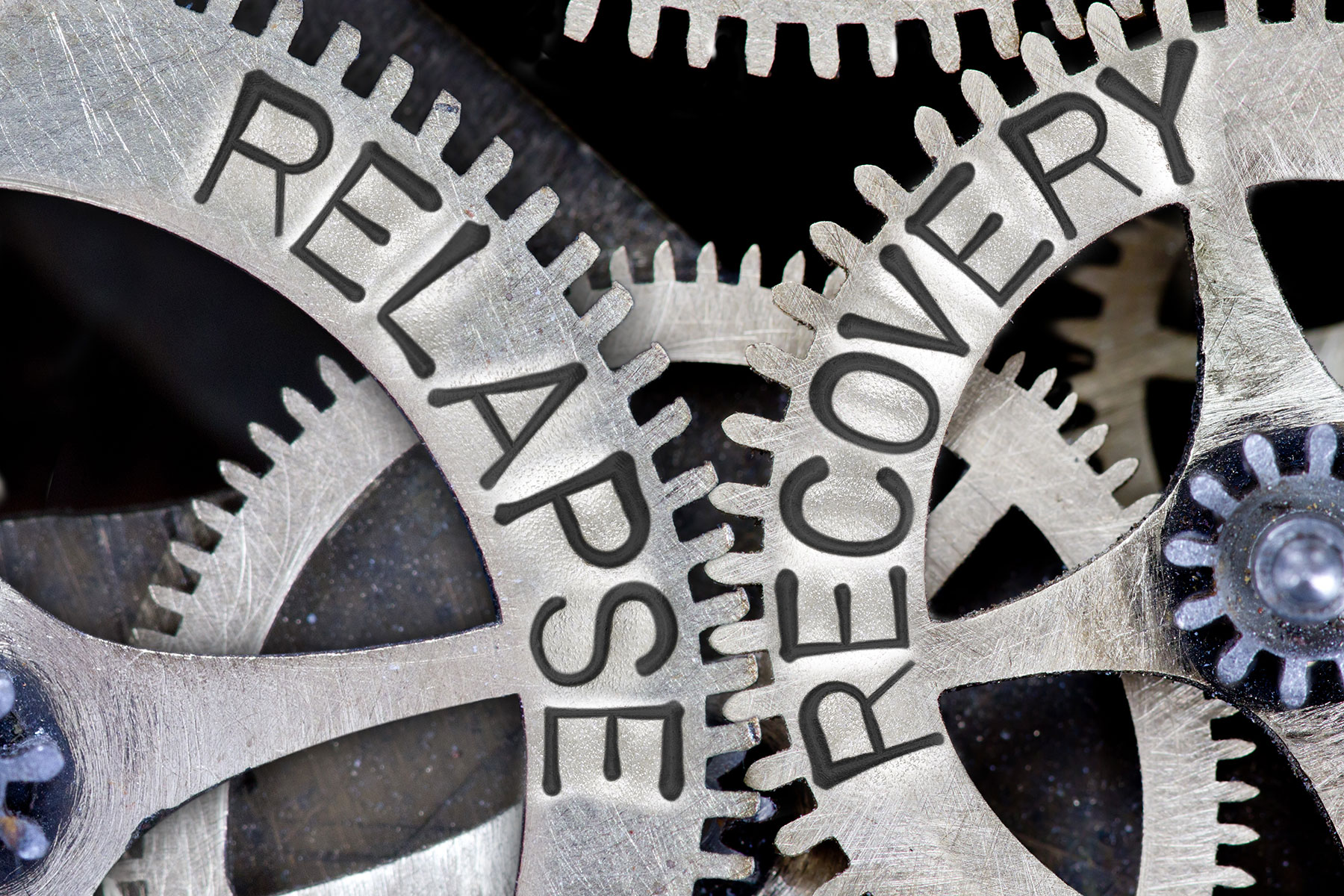Completing treatment is an important achievement, but recovery doesn’t end there. The transition back into daily life can bring new challenges, and staying on track requires steady, reliable support.
A strong support system helps you maintain sobriety, manage stress, and stay connected to people and resources that reinforce your progress. In this blog, we’ll look at the key components of a support system and how to build one that lasts.
Key Components of a Support System in Recovery
Recovery grows stronger when you have the right people and resources around you. A support system works best when it includes different layers of connection—those who care about you personally, peers who understand the struggle firsthand, professionals who bring structure, and community resources that make daily life more manageable.
Family and Friends
Loved ones may be the ones you call first when you’re struggling, and their encouragement can remind you that you’re not facing this alone. They can also step in with practical help when daily responsibilities feel overwhelming, making it easier to stay focused on healing.
They can offer:
- Emotional Comfort: Sharing your struggles and successes with people who care about you can be incredibly comforting.
- Practical Help: Assistance with everyday tasks, such as running errands or providing transportation to appointments, can alleviate stress.
- Consistency: Regular check-ins or simply spending time together can bring stability when things feel uncertain.
Support Groups
Being in a room or even an online space where others have faced the same challenges helps you feel less isolated. Over time, these groups often become places of accountability and encouragement, where shared experiences and hard-won lessons help you keep moving forward.
These groups offer:
- Peer Support: Connecting with others who have similar experiences can reduce feelings of isolation.
- Accountability: Regular meetings and sponsors can help keep you committed to your recovery plan.
- Shared Resources: Members often share valuable resources and coping strategies.
- Inspiration: Hearing stories of progress can remind you that change is possible and setbacks don’t erase growth.
Professional Help
A therapist or counselor can help uncover the root causes of addictive behaviors and guide you toward healthier coping strategies. For many, this guidance is an essential part of long-term stability, especially when mental health challenges and substance use overlap.
They can provide:
- Therapy and Counseling: Regular sessions can help address underlying issues and develop coping strategies.
- Medication Management: For those who require medication, regular monitoring and adjustments by a healthcare professional are essential.
- Crisis Intervention: Professionals can offer immediate support during a crisis or potential relapse.
- Specialized Care: Some providers focus on dual diagnosis treatment, helping you work through both substance use and mental health challenges together.
Community Resources
Local programs and online networks make it possible to find stability and connection outside of your immediate circle. These resources expand your safety net, whether it’s a structured recovery program, help with housing or employment, or a digital space where you can share openly.
Various community resources can enhance your support system, including:
- Rehabilitation Centers: Continued care programs or alumni groups can provide ongoing support.
- Social Services: Programs offering assistance with housing, employment, and other needs can help stabilize your life.
- Online Forums and Resources: Digital platforms can provide information, support, and a sense of community, especially for those in remote areas.
- Faith or Spiritual Communities: For those who find strength in spirituality, these communities can provide comfort and encouragement.
Building Your Support System in Recovery
Creating a support system isn’t about collecting contacts — it’s about intentionally building a circle that matches your needs and strengthens your recovery. Each step you take to identify, reach out, and connect makes the network around you more reliable and tailored to your life.
Assess Your Needs
The first step is clarity. Before you can build a strong support system, you need to understand what kinds of support matter most to you. Take time to think about where you feel vulnerable and what would make you feel more stable day to day.
By naming your needs clearly, it becomes easier to see who or what can fill those roles. Consider the following:
- Emotional Needs: Identify who can provide emotional support and in what capacity.
- Practical Needs: Determine what kind of practical assistance you require and who can provide it.
- Professional Help: Assess the type of professional support you need, such as therapy, medical care, or counseling.
Reach Out to Family and Friends
Even if it feels difficult at first, bringing trusted people into your recovery strengthens the foundation you’re building. Family and close friends often want to help but may not know how.
Being specific about what you need, and setting boundaries where necessary, helps these relationships become reliable sources of encouragement rather than stress.
Engage your close circle by:
- Communicating Openly: Share your needs and explain how they can help.
- Setting Boundaries: Clearly define what kind of support is helpful and what is not.
- Expressing Gratitude: Acknowledge and appreciate their support to foster a positive relationship.
Join Support Groups
Support groups give you a place where honesty and shared experiences are the norm. These groups can become steady anchors in your week, reminding you that you don’t have to navigate recovery alone.
They also open the door to new connections and practical guidance from people who understand the journey firsthand. Find and join relevant support groups by:
- Researching Options: Look for local or online groups that fit your needs.
- Attending Meetings: Regular attendance can help you build connections and gain support.
- Getting a Sponsor: A sponsor can provide one-on-one support and guidance.
Seek Professional Help
Professional guidance adds structure to the more personal support you receive from loved ones and peers. A counselor, therapist, or doctor can help you uncover the roots of addictive patterns and give you tools to manage challenges in healthier ways.
Choosing the right professional (and staying consistent with their guidance) can provide a strong backbone for your recovery.
Engage with professionals by:
- Finding the Right Fit: Look for therapists or counselors who specialize in addiction recovery.
- Regular Appointments: Consistent sessions can provide ongoing support and monitoring.
- Following Recommendations: Adhere to treatment plans and medication regimens as advised.
Utilize Community Resources
Beyond your personal network, community resources add another layer of stability. These services can help with the practical aspects of life that, if left unaddressed, can make recovery harder to maintain.
Whether through local programs, online resources, or social services, these supports create a safety net that reinforces your progress. Explore available community resources by:
- Researching Local Services: Identify local programs that offer the support you need.
- Accessing Online Resources: Utilize reputable online forums and websites for additional support.
- Engaging with Social Services: Apply for programs that can help with housing, employment, or financial assistance.
Maintaining Your Support System in Recovery
Building a strong support system is only the beginning. To keep it effective, you need to actively nurture those connections and make space for your own growth along the way.
A lasting support system is one that stays responsive to your needs, evolves with your circumstances, and helps you maintain balance in both recovery and daily life.
Regular Check-Ins
Recovery stays steadier when your connections remain active. Regular check-ins with family, friends, and professionals create accountability and keep you from slipping into isolation. Whether it’s a weekly call with a loved one, coffee with a friend, or a scheduled session with your therapist, consistency builds trust and keeps support close.
Technology can help bridge distance, but honesty is what makes these conversations meaningful. Sharing your struggles and listening to feedback ensures your support system can respond when you need it most.
Adapt and Evolve
Your support system isn’t fixed — it should shift as your life does. Needs change, and so should the people or resources you rely on. Taking time to reflect on what’s working and what feels missing helps you avoid gaps that could leave you vulnerable.
Being open about changes with your network allows relationships to stay supportive without pressure or misunderstanding. Flexibility is key; sometimes it means trying new groups, adjusting therapy approaches, or seeking out new connections that better fit your current stage of recovery.
Self-Care
The strength of your support system depends partly on how well you support yourself. Self-care gives you the energy and clarity to stay connected and engaged with others. This doesn’t have to be complicated.
It’s about consistently making choices that keep you balanced. Movement, nourishing food, and rest all play a role, as do practices like mindfulness that help you manage stress in the moment.
Stay Engaged
Connection works best when it’s active, not passive. Staying engaged with support groups and community resources ensures you keep learning, growing, and feeling accountable. Regular attendance matters, but so does participation. Sharing your experiences and encouraging others strengthens both you and the group.
If one space no longer fits, it’s not failure to explore another. With so many ways to connect, you always have opportunities to stay plugged in and supported.
Celebrate Milestones
Recovery is built step by step, and recognizing those steps fuels motivation. Celebrating milestones, no matter their size, gives you proof of progress and keeps hope alive during harder times. Setting measurable goals and tracking them helps you see how far you’ve come, even when it doesn’t feel obvious day to day.
Sharing achievements with your support network lets them celebrate alongside you, while personal rewards make the progress feel even more tangible. Reflection adds another layer, reminding you of the challenges you’ve overcome and reinforcing your commitment to keep moving forward.
How to Support a Recovering Addict
If you’re not in recovery yourself and researching ways to support someone who is, know that it takes patience, consistency, and understanding. The goal is not to control their journey but to be a steady source of encouragement and stability.
Here are a few ways to help:
- Listen Without Judgment: Offer a safe space for them to share openly without criticism.
- Respect Their Boundaries: Honor the limits they set to protect their recovery.
- Encourage Healthy Habits: Support routines that strengthen their physical and emotional well-being.
- Stay Consistent: Be reliable so they know they can count on you.
- Educate Yourself About Addiction: Learn about recovery to better understand their experience.
- Avoid Triggers: Help create environments that minimize risk of relapse.
- Celebrate Progress: Acknowledge milestones to reinforce motivation and hope.
Find the Support You Need for Lasting Recovery
Completing treatment is only the first step — staying connected, supported, and empowered is what makes recovery sustainable. At Northpoint Recovery, we help you strengthen the foundation you’ve built with programs designed to support every stage of the journey.
You don’t have to navigate this alone.Whether you’re looking to expand your support system, reconnect with resources, or find professional guidance, our team is here to walk with you.
Contact us today to learn about our addiction treatment programs and how we can help you stay grounded, grow in recovery, and build a network that supports long-term sobriety.


